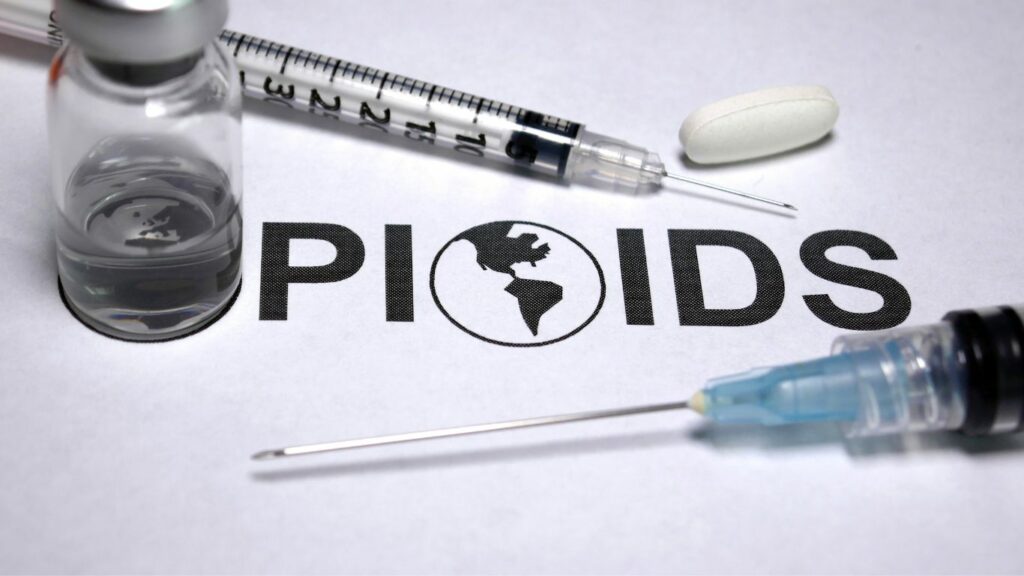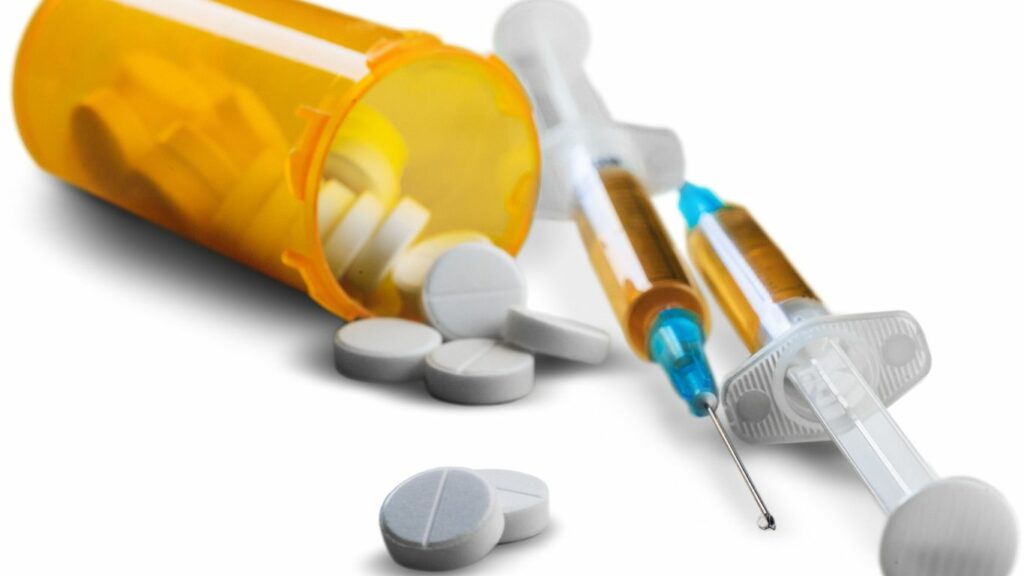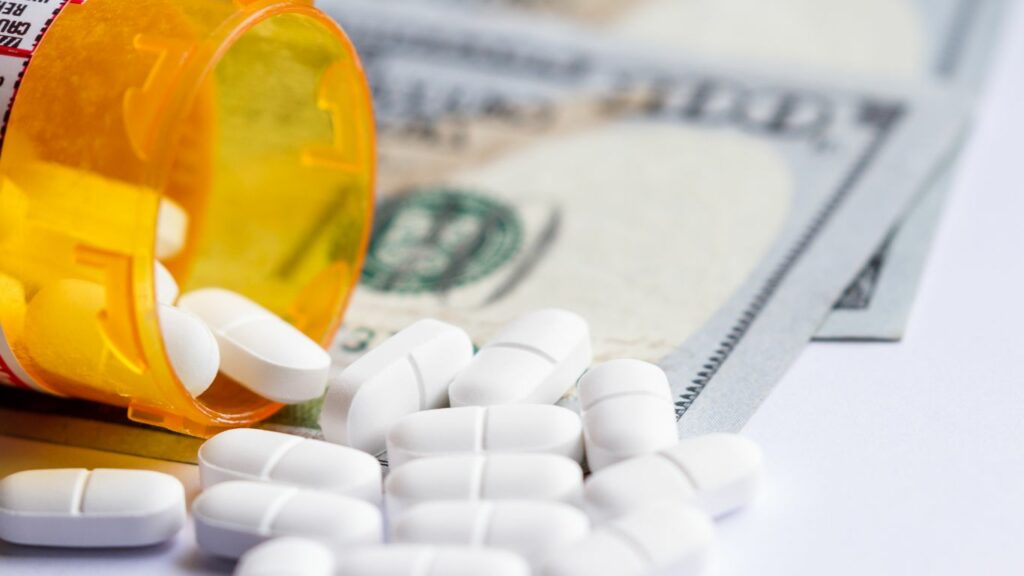Opioid Overdose: Guide to Prevention and Treatment

What Happens When a Person Overdoses?
There has continued to be a growing concern for Americans engaging in substance abuse with the ongoing opioid epidemic. The harms of opioids have proven to have an increased risk for opioid abuse and experiencing serious side effects including opioid overdose. While opioids have benefit and harm, opioid abuse and substance abuse has become an increasing concern due to the high levels of fentanyl. Within opioids that are contributing to opioid related overdose death.
To better understand opioid overdose, it is important to know what happens when a person is experiencing an overdose. An overdose occurs after a person takes a toxic, lethal amount of opioids. The overload of drug alcohol within the system can cause difficulty with regular body and brain functioning. Common signs of an opioid overdose are:
- Vomiting
- Seizures
- Respiratory depression
- Loss of consciousness
- Pale of blue tinged skin or lips
- Irregular or slowed heart rate
- Low body temperature
- Lack of responsiveness

How to Respond to an Overdose
If you witness someone in an opioid overdose, the following steps are ways to respond effectively:
- Attempt to stimulate them to get a response by rubbing their sternum if they are unresponsive
- If they do not awake, administer naloxone or narcan, an opioid agonist that will work to reverse the signs of overdose
- Call 911 to get medical attention
- Provide rescue breathing to the individual
- Once a person begins breathing, place them into the recovery position
Call Daybreak Treatment Solutions today at (844) 695-0083 for help in overcoming your addiction.
How To Prevent An Opioid Overdose
If you or someone you know are engaging in opioid abuse, there are steps and mitigation strategies that you can take to prevent an opioid overdose. Speak to someone about your plans to engage in opioid abuse. This will help to educate others about opioid dependence and have them prepared to help in the event of an opioid overdose. A key question that substance abusers should ask themselves and others engaged in opioid abuse is if you have an opioid agonist such as naloxone or narcan on hand in the event of an emergency. Naloxone can be administered by an injectable into the muscle tissue or through a nasal spray. These opioid agonists work to bind the opioid receptors to prevent the onset of an opioid overdose.
Treatment for Opioid Overdose
The most effective treatment for an opioid overdose is the use of naloxone or narcan. These pharmacologic treatments will work to reverse the effects of an opioid overdose and help to initiate respiratory functioning to avoid overdose death. While providing treatment for opioid overdose, the key thing to remember is that you take care of yourself throughout this life saving process.

Opioid Addiction Treatment at DayBreak
At DayBreak treatment centers, we provide patients with a comprehensive treatment plan to address opioid use disorders. Your opioid abuse may have begun innocently enough as a means to treat chronic pain through prescribed opioids and progressed to illicit opioid abuse. No matter what your individual circumstances with substance abuse, patients will be supported in healing from your substance abuse and mental health through a variety of evidence based therapy methods.
Patients will understand what has been at the core of your drug addiction while learning the tools for relapse prevention and living in addiction recovery. Through our inpatient rehab and outpatient treatment programs, you will be provided with an individualized treatment program that is centered around your unique history with substance abuse and goals for opioid addiction recovery. Contact our treatment centers today at (844) 695-0083 to hear more about the opioid therapy and treatment programs offered to help get you on the road to recovery today.
